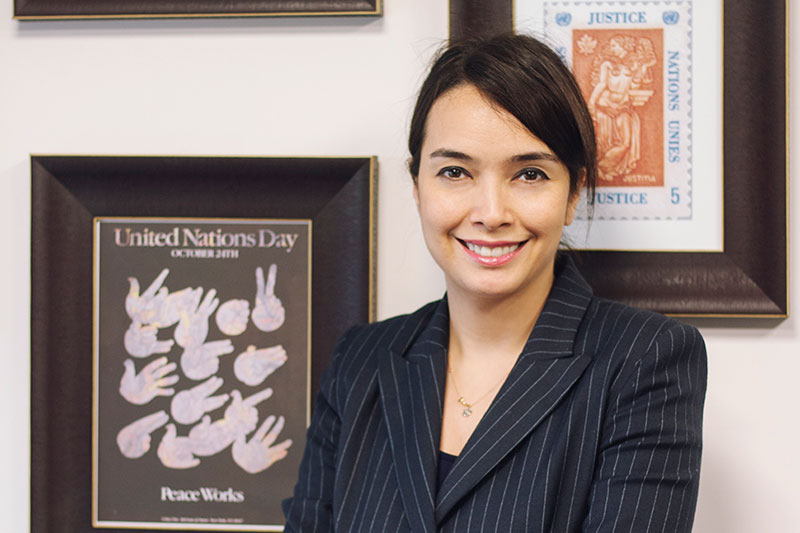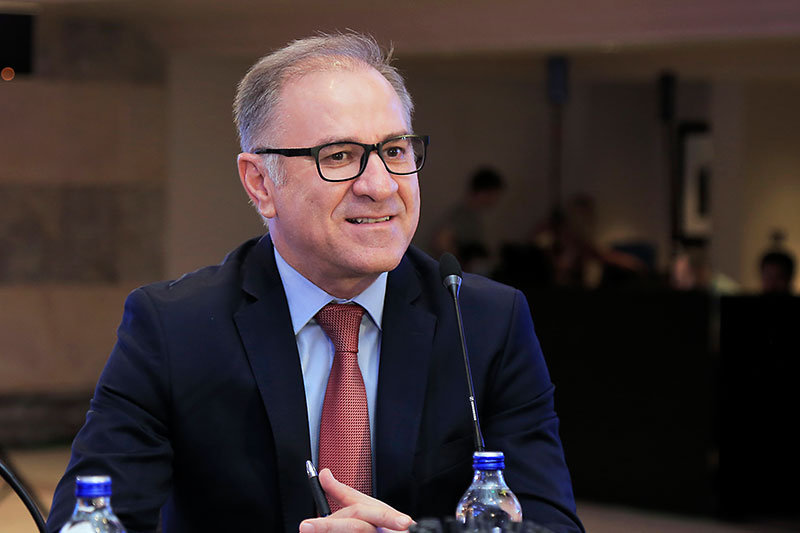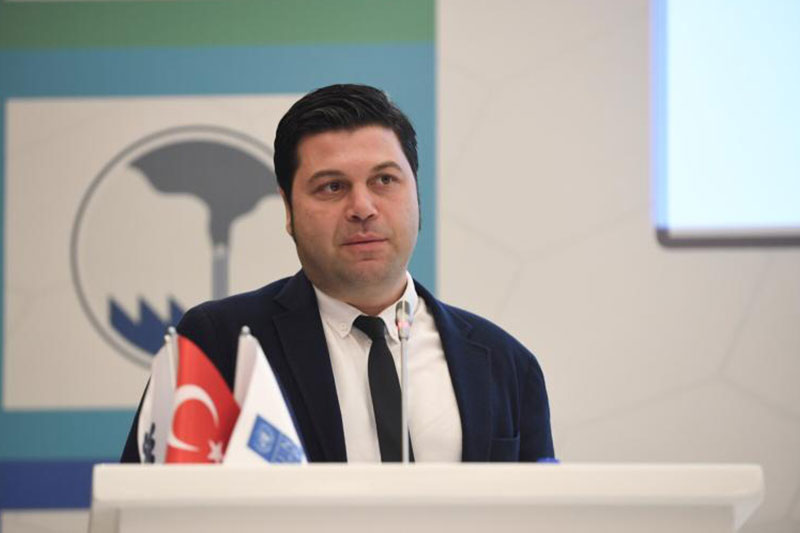Parallel Session 2.3 - A vision of sustainable & smart cities, circular urban economies, the role of new technologies and the impact of migration and displacement on environment
Through the New Urban Agenda and the Paris Agreement on Climate Change, states committed to promote the conservation and sustainable use of water in urban and peri-urban areas and the environmentally sound waste management strategies. In addition, it has been acknowledged that increasing the use of renewable energy and embracing a waste-to-energy policy are vital steps to mitigate the impact of additional demand for services as a result of migration and displacement at the local level.
Cities across the globe are using digital tools, such as web portals and applications to improve access to public services, enhance responsiveness, better understand the needs of the populations they serve, and provide platforms for better civic engagement. Research has shown that disadvantaged groups, including refugees and other minorities, are high users of smartphones and social media and risk being deprived of essential services if systems don’t function effectively. Examples include the use of digital tools for improving access to services, tailored apps for new arrivals (translation, information on rights), on-the-ground reporting and smart residency cards.
This session addresses solid waste and wastewater management, renewable energy policies and use of new technologies, innovation and data management in the scope of mitigating the impact of migration and displacement on environment.
This session is structured around the following questions: In the context of migrant and/or refugee influxes, how have municipalities coped with sudden increase in demand for services? How can zero waste policies and practices be used to reduce the production of waste while creating livelihoods opportunities in such contexts? What examples do we have from SMART CITIES? What can be done by municipalities to support more effective waste and wastewater management and planning?
What are the new opportunities offered by digital technology to reach migrant and refugee communities? How have municipalities ensured that no one is left behind and that smart solutions do not work against the poorest or marginalized groups such as refugees? What can we learn from SMART Cities?
SPEAKERS
-
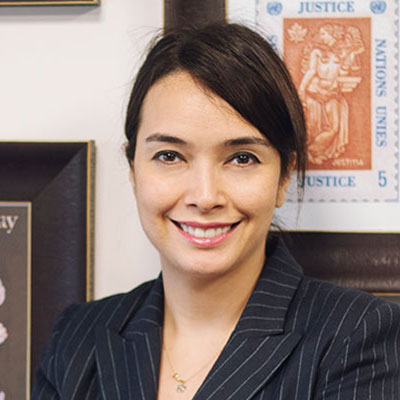 Seher Alacacı ArınerAssistant Resident Representative, UNDP Turkey
Seher Alacacı ArınerAssistant Resident Representative, UNDP Turkey -
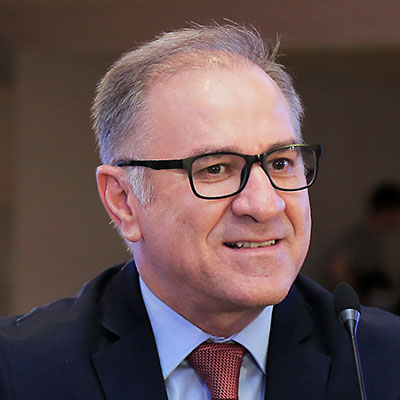 M. Cemil ArslanSecretary General, Marmara Municipalities Union
M. Cemil ArslanSecretary General, Marmara Municipalities Union -
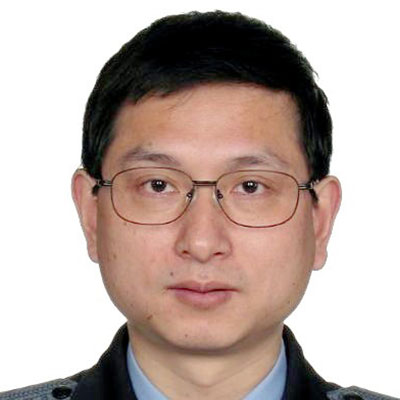 Cai BaodiDirector of Exit-Entry Administration Bureau of Shanghai Public Security Bureau
Cai BaodiDirector of Exit-Entry Administration Bureau of Shanghai Public Security Bureau -
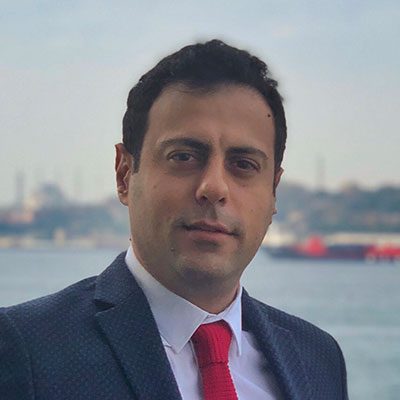 Baran BozoğluDirector, Chamber of Environmental Engineers (TMMOB)
Baran BozoğluDirector, Chamber of Environmental Engineers (TMMOB) -
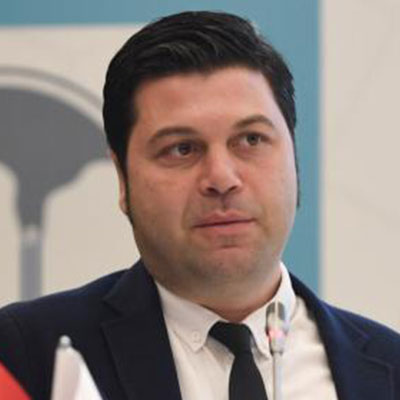 Sertaç TurhalProject Manager, Syria Crisis Resilience and Response Programme, UNDP Turkey
Sertaç TurhalProject Manager, Syria Crisis Resilience and Response Programme, UNDP Turkey -
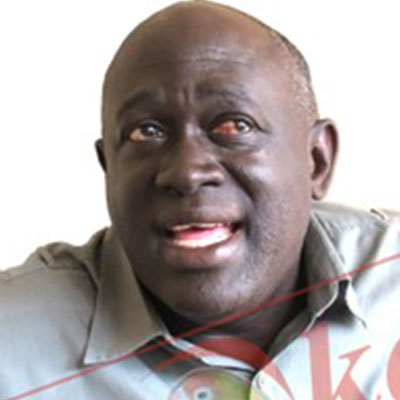 Harold Logie TuckerMayor of Bo, Southern Sierra Leone
Harold Logie TuckerMayor of Bo, Southern Sierra Leone -
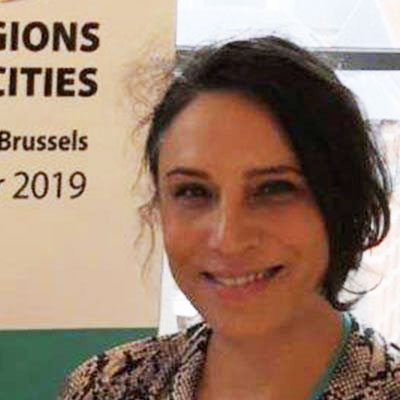 Carmen VélezHead of Planning and Evaluation Unit, Andalusian Agency for International Development Cooperation
Carmen VélezHead of Planning and Evaluation Unit, Andalusian Agency for International Development Cooperation




